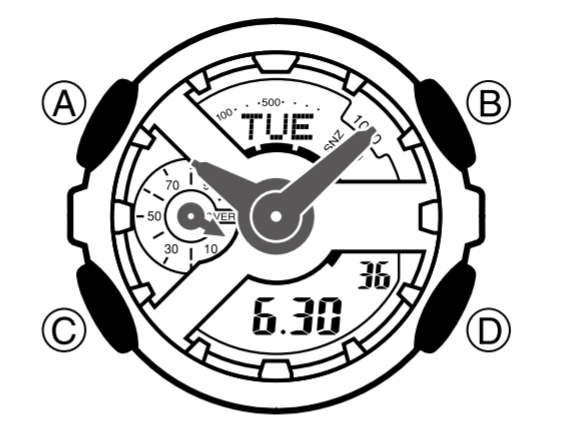How Using Mental Health Apps Can Hurt Your Personal Privacy
Mental health apps pose hidden personal privacy risks.

With over 6.3 billion smartphone users across the world, it should be no surprise that the industry of mobile apps is not only thriving but continuing to grow at a steady rate. What you may not have expected is that the app industry has become a valuable tool for mental health awareness by providing numerous mental health apps for in-home treatment options. These mental health apps are using a variety of approaches to assist consumers with psychological challenges they may be experiencing, however, they are proving to be just as varied in how they handle consumer privacy.
According to Gizmodo, mental health apps like Headspace and Betterhelp are available for download from a multitude of possible app stores and, serve as a light in the tunnel of darkness for those experiencing health challenges but do not feel comfortable enough to seek assistance publicly. For many, mental health apps such as those serve as an alternative to seeking help from a therapist in order to avoid the possibility of being subject to any judgment. What’s more, is that these mental health apps are fairly reasonably priced and can provide treatment in the privacy of one’s home. However, the mental health apps’ ease of use and comfort seem to be stirring concerns with the target treatments that are being provided. Questions have arisen as to if they are truly useful, as well as, concerns regarding consumers’ privacy.
These mental health apps take various approaches to provide consumers with the necessary help by providing options to video chat with licensed therapists, phone conversations, and even in-person therapy for those that feel comfortable enough to do so. Conversations with a therapist are typically protected by state and federal privacy rules. What is not protected, and where privacy concerns come in, pertains to the information one is required to enter into the apps to begin the assessment and receive the treatment options. The data being provided is not necessarily being treated as confidential by the mental health app developers, or by the law.
When you physically go to a medical facility, you are handed a HIPAA form to fill out and sign. This form is describing the Health Insurance Portability and Accountability Act of 1996 which states federal law protects all data that is collected from all types of healthcare professionals, from dermatologists to licensed psychotherapists. Using a health app may seem like the same type of situation but most apps are operating in a gray area when it comes to regulatory concerns or HIPAA federal guidelines.
Roger Severino, a former director of the Department of Health and Human Services says, “A consumer should not automatically assume that HIPAA protections apply to health information entered into a health app.” The state and federal laws do not protect data just because it pertains to mental health or wellness consultations and the recommended treatments. HIPAA only applies to personal information that is collected and held by medical offices.
Apps can not transfer your personal information on any level if you do not download them. So if you have concerns regarding your mental health, the best bet would be to consult your physician for a referral that is protected by HIPAA until state and federal laws can regulate the mental health app industry.











